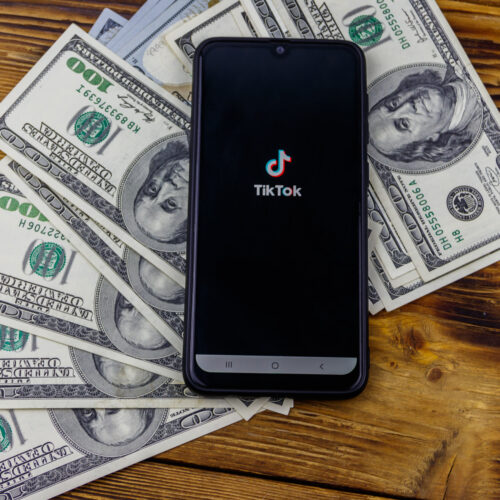401(k) plans for part-time employees are now becoming more prevalent and accessible, which was uncommon in the past.
Given that full-time workers are offered a 401(k) plan at a higher rate than part-time ones (80% and 51%, respectively), this is excellent news! Offering a 401(k) is a sensible perk to provide for your part-time employees’ long-term financial security. Additionally, it can be a wise business move for employers.
Let’s go over the employee qualifications for a 401(k) and why it’s a good idea to include part-time workers in your company’s plan.
Who qualifies?
To receive 401(k) benefits in a company plan, one must be legally classified as an employee.
It’s crucial to remember that receiving 401(k) benefits involves being legally classed as an employee. Because qualified plans, by law, are required to be for “the exclusive benefit of employees,” non-employees such as consultants, contractors, and 1099 workers are unable to participate.
Workers who work between 500 and 999 hours for two years in a row would be eligible for their employer’s retirement plan, according to pending legislation in Congress. This is a decrease from the existing three-year minimum imposed by the Secure Act of 2019.
Part-time workers who are at least 21 years old and work at least 1,000 hours per year are already eligible, according to a rule in existence prior to the 2019 legislation.
The three-year eligibility criterion now in effect implies that those working 500 to 999 hours per year will not be eligible until at least 2024. This is due to 2021 being the first year that may contribute toward it. As a result, if they haven’t already, companies should start recording the hours of their part-time employees.
Are 401(k) Plans for Part-Time Employees a Good Idea?
The answer to this is yes! The tax advantages alone are incredibly cost-effective. Offering this sort of benefit also shows your dedication to all employees, regardless of rank or classification. Given today’s retirement crisis, many people just starting in the workforce—or working fewer hours—are more concerned about their retirement than prior generations. Offering retirement plans also help with recruiting and retention, allowing businesses to remain competitive.
Some may argue that part-time employees do not have enough expendable income to invest and participate in a 401(k) plan. This argument isn’t always the case, though. According to a survey conducted in November 2021, 74% of part-time workers are likely to save for retirement using personal bank accounts. And about two-thirds (64%) of part-time employees who have access to a 401(k) or similar plan contribute to retirement plans. Even if it’s only a tiny amount, everyone should contribute! And the earlier you start, the better.
If challenges happen to come up, employers can help their employees in different ways:
- Offering financial literacy training and tools may help employees budget and save for their retirement.
- Additionally, providing company match contributions can help incentivize their staff. Matching contributions are a smart approach to increase employees’ salaries through tax savings. These contributions also simultaneously save the firm money through tax deductions.
A company is not obligated to enroll all employees in a 401(k) plan. However, employers should be cautious when restricting coverage. Excluding people can have a significant negative impact on employee engagement and annual compliance regulatory testing. Thus, resulting in increased expenses rather than cost savings.
How Saveday Can Help
Saveday provides personalized plan designs for full-time and part-time employees. Many other 401(k) providers don’t give you much leeway when it comes to modifying eligibility periods and age criteria.






